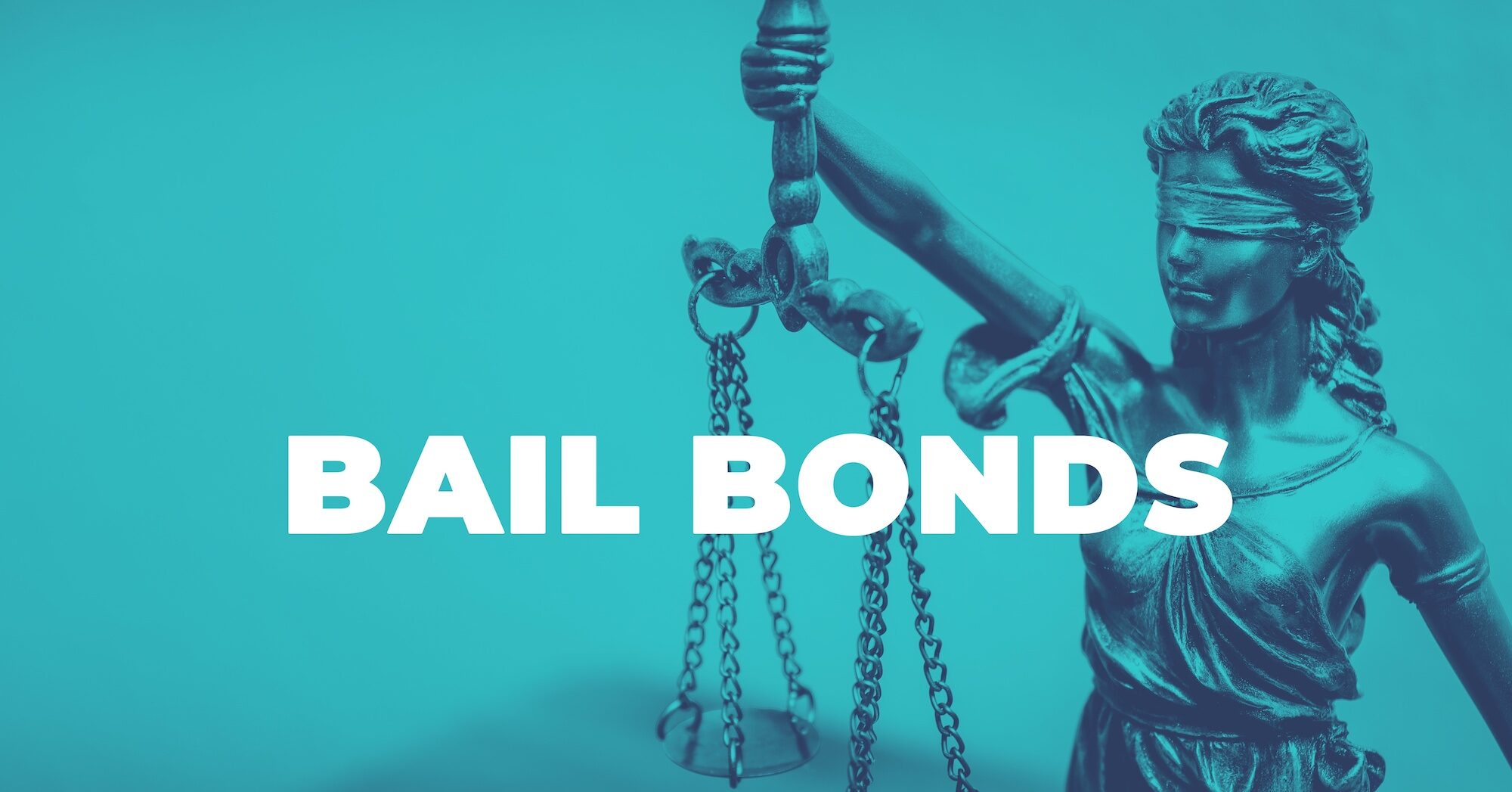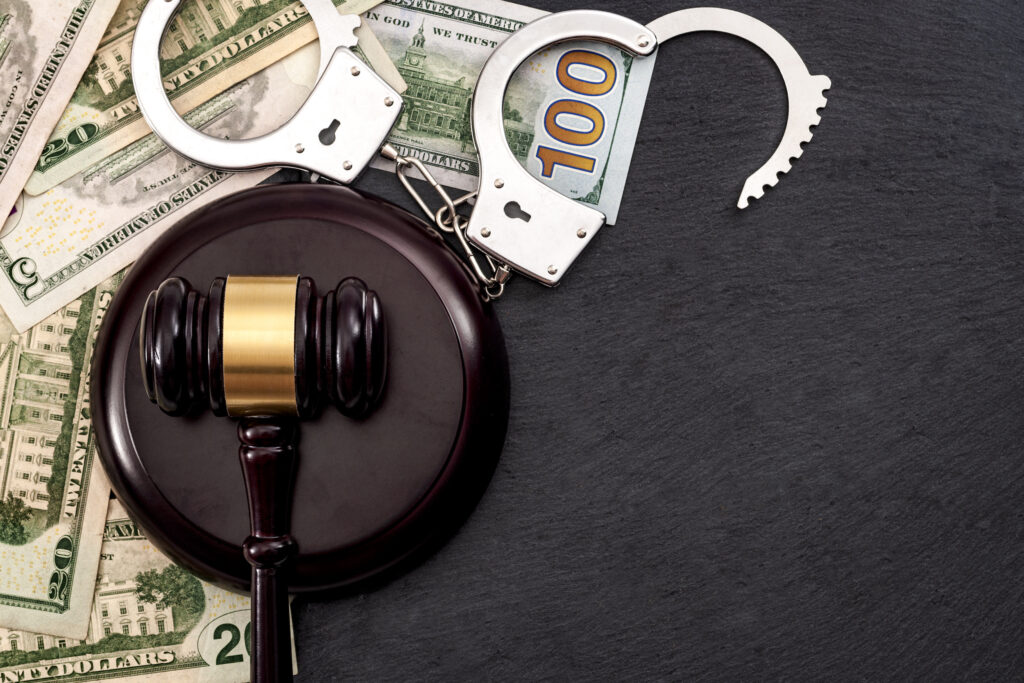Many individuals like to watch crime TV shows. They feel the exhilaration of solving cases. Some of the expressions we learn come from these shows. You could pick up a lot of knowledge about legal processes, prison regulations, and other topics. You are aware of what bail is, for the most part. But many are unaware of what it is.
Understanding the process can be challenging. Consider your friend or relative being taken into custody. They might or might not be at fault, but you will still try to free them from custody. However, you’re in danger if you don’t have the necessary funds. Asking a friend or family member for a loan could embarrass you.
For this scenario, bail bonds in El Paso, TX, come to the rescue. Here are the five crucial things you need to know about bail bonds.
1. They Act as Insurance
Like insurance, it ensures that the defendant will show up for court on the scheduled days. The accused need not serve the entirety of their sentence behind bars. They may remain at home, but they have to show up in court. Getting someone out of jail might cost a lot of money.
Therefore, not many families have access to that kind of funding. To free their loved ones from prison, they buy these bonds. When you have selected the ideal business, visit their location. For the bond, you will make a down payment. You can send an agent if you’re too embarrassed to go.
You might always speak with your attorney, or if you still have questions, they’ll direct you on the appropriate path.
2. You Require Some Documents
You will need to carry some paperwork with you when you visit their office. You cannot travel without any supplies. A legitimate ID is needed – it doesn’t matter if it’s a passport or a driver’s license. You should also bring your bank account information.
Finally, you should produce evidence of your address to prevent the defendant from escaping. Not least, among other things, the required finances. They will act as a deposit and as collateral. You will have all you need to free your loved one once this is all done.
3. The Cost Varies
You need to be aware that the judge determines the bail. Everything is based on crime. Additionally, they will likely set a bigger sum if they anticipate that you’ll attempt to run. Sometimes, it’s possible to estimate the cost. But a lot of things could affect the price. But the sum will be formally disclosed by the judge.
4. Requirement of a Collateral
For you to be able to pay the bail, you’ll need to offer collateral. If the defendant doesn’t show up, this is necessary. You may always use some cash as security.
However, there are other choices. You could put up a costly vehicle or home, for instance. Additionally, you might utilize stocks, bonds, or jewelry. Different collaterals are possible as each case is different.
You should know who will take back whatever collateral you have provided. Therefore, whether it is cash or jewelry, you’ll receive it back. Therefore, there is nothing to worry about. They’ll keep the item there temporarily. In this manner, they ensure that you will repay them. Some individuals believe it to be an extra charge for the service.
5. A Business Like No Other
Bail bonds may be perceived as an aspect of the criminal underworld, but they are insurance firms like any other. They must be well knowledgeable in contract, criminal, and financial law. Additionally, state or federal governments may license and regulate bail bondsmen. The pressure of overcrowding is lessened by allowing those charged with a crime to be released from custody until their trial date. Bail bond companies like this one can help in this situation.
El Paso Bail Bonds
Bail bonds can greatly help ease the stressful situation of the accused and his near ones. If you are looking for a credible resource to get bail bonds in El Paso, TX, contact us for further information and professional guidance.

